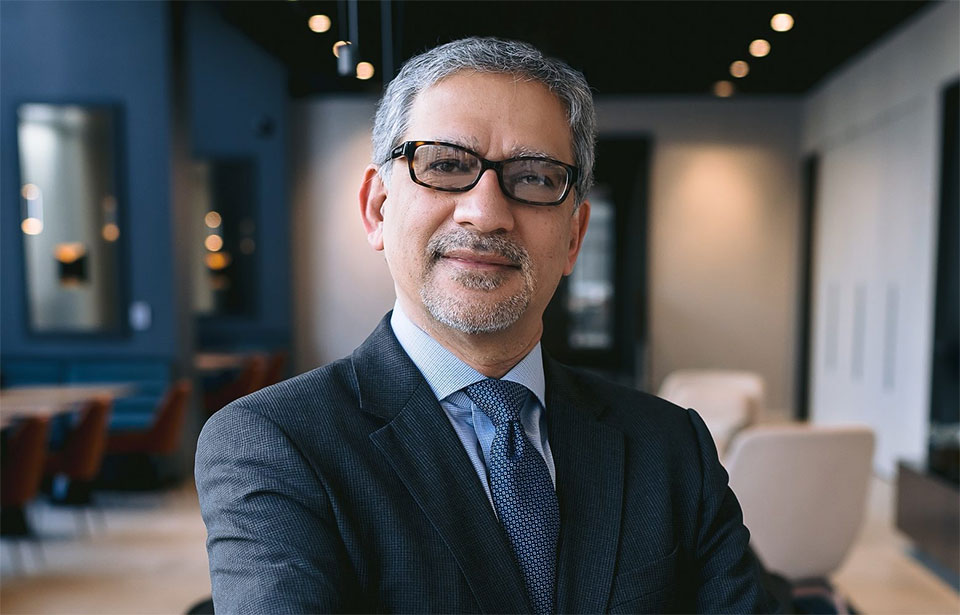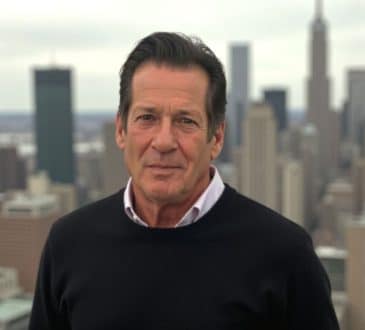How Brands are Winning Customers that Stay Loyal for Decades with Empathy

When marketing your brand, focusing on your product differentiation alone may not be enough. Some customers need to see empathy. Does your brand have it?
If you stumbled upon one of the courses on branding taught at any business school, here’s what you would learn: Branding is all about understanding how your product is different and unique, and packaging that insight into a concise tag line. Add some emotional flourishes to the message and there you have it. For the longest time, that was all there was to branding.
But now we see a whole new breed of brands: brands with empathy. These brands forge loyal ties with consumers by feeling and acknowledging their angst and connecting with them — sometimes without even touching on their product benefits.
Dove soaps from Unilever was an early innovator with its “Real Beauty” campaign that plastered pictures of women with real bodies on billboards all across America. This was quite a departure from most others in the cosmetics category that usually depicted models with perfect slender bodies and chiseled looks, which most women could never hope to have. In other words, brands were making women feel badly about their own bodies. The rest as they say is history and the “Real Beauty” billboards were a smash hit. Dove became the leading body wash not only in North America but also many other countries around the world.
When it comes to relationship with people, we get this. Right? When you meet someone with whom you feel a common chemistry, or think they truly understand you, don’t you trust them more? In fact, because of that, you’re more likely to believe what they say and do what they ask you to. Brands with empathy achieve exactly that. They let you know that they understand how you feel and share your concerns about things that are important to you.
Dove is far from the only one to do so. Here in the US, Dollar Shave Club became an overnight billion-dollar brand by tapping into the angst that most men feel from having to pay exorbitant prices for razor blades. In India, Tanishq, a jewelry brand favored by working women, became a darling of theirs by championing the accomplishments of women at work. Among pharma brands, communicating to patients that you understand exactly what they’re going through in living life with their disease is practically mandatory for new drugs.
So, if you are a marketer how do you go about building an iconic brand, one with empathy? While there’s no formulaic answer to the question, here are a few considerations:
- Listen to your customers for at least a 100 hours:
Too often marketing leaders believe that they’re too busy to listen in on the very research they sponsor. They’ll hire a market research firm to do focus groups but not attend the sessions themselves and send junior staff. Well, if you are marketer, do some marketing. Make sure that you personally listen to your customers talk for at least 100 hours every year (that’s about 2-3 weeks’ worth of focus group sessions). - Uncover the angst or frustration people feel from living their lives as they do:
Don’t just talk about your product. It’s not the first thing on customers’ minds. Delve into the frustrations people feel living their lives. Do they feel like others take advantage of them – as did men buying razors for exorbitant prices from the likes of Gillette and Schick? Do they feel like others treat them inequitably, as did Tanishq customers? - Look for opportunities to build a bridge to your product:
Once you uncover that angst, you have to also understand how your brand can fit into that picture and be an angst alleviating presence. Dove did so by celebrating body positive women in every one of its ads. Dollar Shave Club did so by offering a basic razor subscription for $1 a blade as a way of respecting and not taking advantage of men. Tanishq did so by acclaiming working women’s successes as those due to their competence and not as concessions for their gender. The bridge to your brand has to feel natural and not forced. - Make sure that you can stay true forever to the connections you forge:
Once you find the formula to that common chemistry, you have to stick with it. It’s not a passing phase in your brand’s life, it’s a commitment to a relationship. In subsequent iterations, you have to continue to build on that chemistry and stay true to it. Victoria’s Secret, after having successfully championed women’s’ right to be and show sexy, lost its way when it became the arbiter of which women could or could not be sexy, leading to a stunning reversal of fortunes for the brand.
Not every brand needs to have empathy. However, if you have a product that faces a challenging path to adoption, this is a path to look at. Additionally, when a brand is drowning in mediocrity and swimming in a “sea of sameness” with many competitors claiming the same product benefits, brands with empathy may offer a different and more fruitful passage.
Written by Sandeep Dayal.
Have you read?
# Best CEOs In the World Of 2022.
# TOP Citizenship by Investment Programs, 2022.
# Top Residence by Investment Programs, 2022.
# Global Passport Ranking, 2022.
# The World’s Richest People (Top 100 Billionaires, 2022).
Bring the best of the CEOWORLD magazine's global journalism to audiences in the United States and around the world. - Add CEOWORLD magazine to your Google News feed.
Follow CEOWORLD magazine headlines on: Google News, LinkedIn, Twitter, and Facebook.
Copyright 2025 The CEOWORLD magazine. All rights reserved. This material (and any extract from it) must not be copied, redistributed or placed on any website, without CEOWORLD magazine' prior written consent. For media queries, please contact: info@ceoworld.biz








